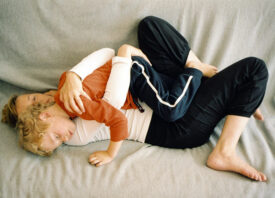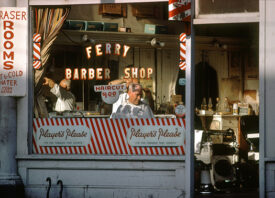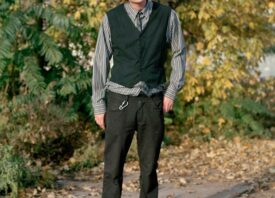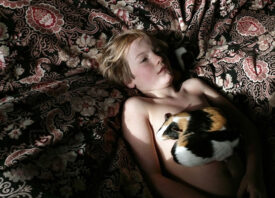Search this site
Intimate Photos Explore the Wonder of Motherhood and Early Childhood
For Drei, Berlin-based photographer Fred Huening chronicles the raw and tender moments that punctuate early childhood by capturing his son and wife along the Berlin countryside. The book comes third within a series of what the artist explains will ultimately be nine, following Einer, a visual lamentation over a stillborn child, and Zwei, an intimate document of his abiding love for his wife, who was at the time his girlfriend.
As the most recent book in the series, Drei, which takes its title from the German word for “three,” merges the wistfulness of Einer with the ardor of Zwei. The artist himself, of course, occupies the third position in this familial narrative, his presence seen through the his subject’s trustful gaze and the subtle emergence of a toy camera. Frozen by his lens, the mother and child seem to exist within a state of suspension, living purely within a moment uncorrupted by the knowledge of time past and future. As the chronicler of this story, however, it is as if Huening is made hyperaware of the preciousness of each fleeting instant, watching it fade even as he holds fast to its memory.
This exquisite sense of nostalgia is heightened by Huening’s choice to photograph mostly in the countryside, where he spent much of his own childhood. Although he and his family now live in the urban center of Berlin, his camera feels most at home in nature. Within this Edenic landscape, the artist makes a point of avoiding staged scenarios, and he explains that he only shoots when he feels the unbearable urge to capture something of everyday life. He never consciously set out to explore themes of parenthood, and yet, he credits his transition into fatherhood with his transformation into an artist, explaining that in his mind, the most meaningful work is always made by he who most cherishes his subject.





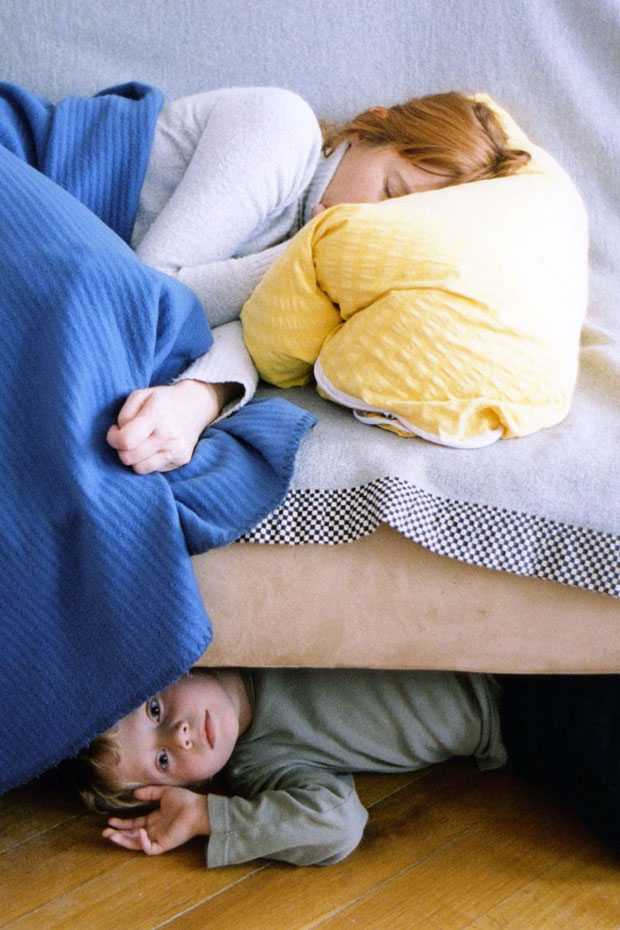








All images © Fred Huening
via Mutant Space


